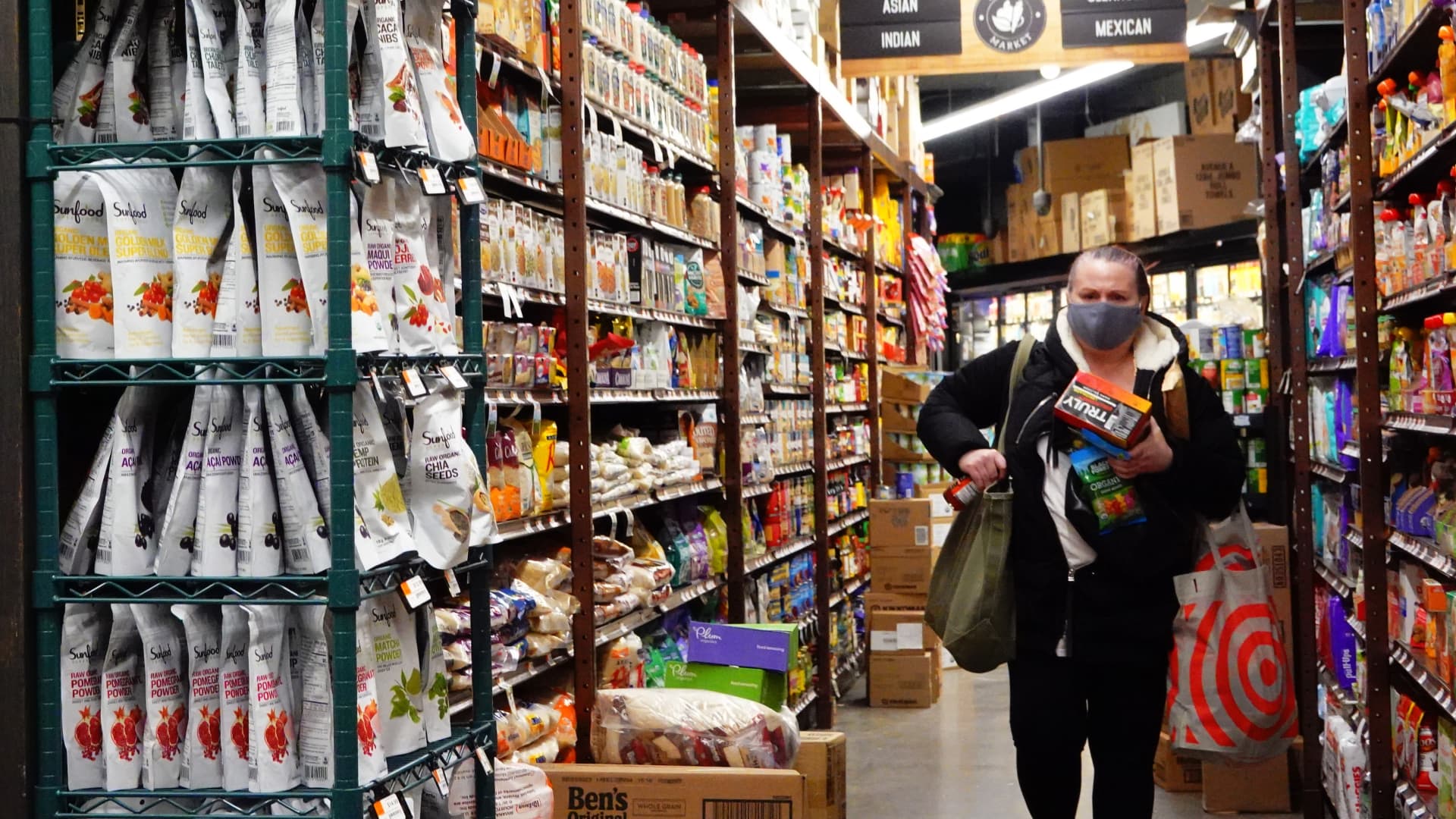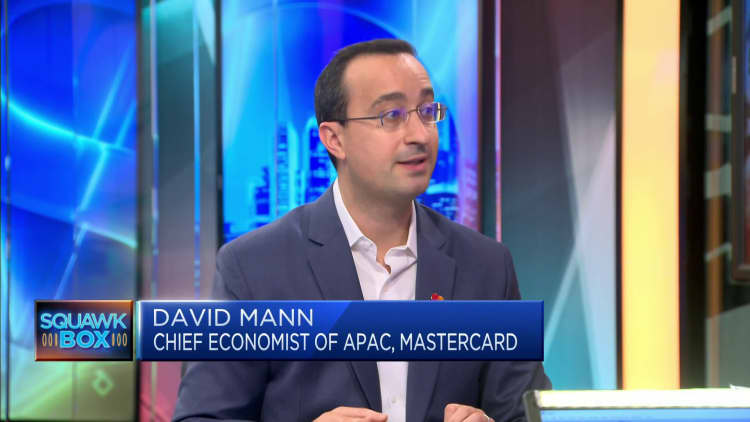

Inflation has already peaked, but it will remain above pre-Covid levels in 2023, said David Mann, chief economist for Asia-Pacific, Middle East and Africa at the Mastercard Economics Institute.
“Inflation has seen its peak this year, but it will still be above what we had been used to pre-pandemic next year,” Mann told CNBC’s “Squawk Box Asia” on Friday.
It’ll take a few years to return to 2019 levels, he said.
“We do expect that we go back down in the direction of where we were back in 2019 where we were still debating how many countries needed negative interest rates.”
Central banks around the world have been hiking interest rates as recently as November in response to high inflation.
They include central banks from the Group of 10 countries — such as the U.S. Federal Reserve, the Bank of England and the Reserve Bank of Australia — as well those of emerging markets, such as Indonesia, Thailand, Malaysia and the Philippines, Reuters reported.
The Fed will hold its December policy meeting this week, where it is expected to hike interest rates by 50 basis points. The central bank has raised rates by 375 basis points so far this year.
“Inflation has become that big challenge. It’s been spiking and staying very high,” Mann said. But he warned that it would be risky if central banks end up hiking rates more than they need to.
“The challenge is if you’ve lost orientation of where the sky and the ground is, you’re not quite sure where you need to end up,” Mann said.
It would be a “serious scenario” if central banks “end up going slightly too far and then need to reverse relatively quickly,” he added.
Consumer spending
Despite high inflation, Mann said, U.S. consumers are still willing to engage in discretionary spending in areas such as travel.
Travel recovery in the U.S. is strong and people are still choosing to spend on experiences rather than material goods, Mann said.
And they are being frugal about their spending on necessities in order to be able to afford non-essentials, he added.
“There is something in the back of people’s minds that worries them that even though it’s not very likely, it’s still possible that those [Covid] restrictions [will] come back,” he said.







